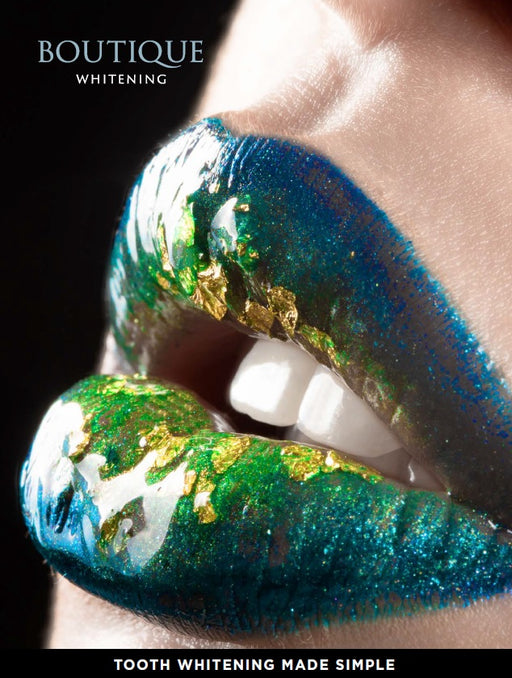Bridges
Make an enquiry
A bridge is made where a tooth is missing and consists of crowns on either side of the space, joined together by a false tooth within the space.
The gap left by a missing tooth can mean greater strain on the teeth at either side which will necessitate the need for a bridge. A gap can also mean your ‘bite’ is affected, because the teeth next to the space can lean into the gap and alter the way the upper and lower teeth bite together. This can then lead to food getting packed into the gap, which causes both decay and gum disease.
FAQS
How are missing teeth replaced?
This depends on the number of teeth missing and on where they are in the mouth. The condition of the other teeth also affects the decision.
There are two main ways to replace the missing teeth. The first is with a removable false tooth or teeth – a partial denture. The second is with a fixed bridge. A bridge is usually used where there are fewer teeth to replace, or when the missing teeth are only on one side of the mouth.
Can I always have a bridge to replace missing teeth?
Yes, if you have enough strong teeth with good bone support. Your dentist will help you decide the best way of replacing your missing teeth within your budget.
What are bridges made of?
Bridges are usually made of a precious metal base. If the bridge will show, porcelain is then bonded to the base. Sometimes, there are other non-precious metals used in the base to reduce the cost.
How do I look after my bridge?
You need to clean your bridge every day, to prevent problems such as bad breath and gum disease. You also have to clean under the false tooth every day. Your dentist or hygienist will show you how to use a bridge needle or special floss, as a normal toothbrush cannot reach.
Are there other methods for fixing false teeth?
There are other methods, such as using a combination of crowns and partial dentures that can keep the retaining clips out of sight.
These are quite specialised dentures, so you should ask your dentist about them. You can also have teeth implanted, ask your dentist for more information.
Remember that it’s as important to care for your remaining teeth as it is to replace the missing ones.
Are there different types of bridge?
Yes, there are different types of bridge which use different fixing methods. Your dentist will choose the most effective and conservative bridge for your personal situation.







